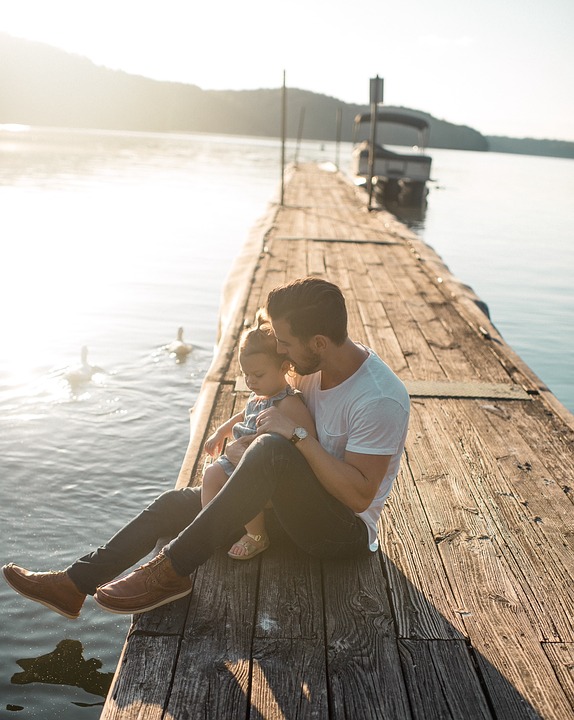
With summer coming up, many families are looking forward to time on the water. Boating always carries risks, but if you have kids, it’s especially important to explain rules and dangers to them and to take steps to keep them safe.
Essential Boating Safety Precautions
Have your boat inspected every year before you take it out on the water. This is a free service offered by the U.S. Coast Guard Auxiliary and U.S. Power Squadrons.
Teach your children to keep their hands and feet inside the boat and never to run or jump. If your kids are old enough, enroll them in a boat safety course.
Children should always wear a life jacket that is approved by the U.S. Coast Guard and fits snugly. Pool toys won’t keep kids from drowning in open water. Infants should not ride in a boat unless they weigh enough to wear an approved personal flotation device. If you take a baby in a boat, hold him or her in your arms. In an accident, a car seat would sink quickly.
Infants and young children are more susceptible to hypothermia than adults. Have dry blankets and towels available in case your kids get cold.
First Aid & Training
A motorized boat can release carbon monoxide. This odorless, tasteless gas can become deadly in high concentrations in an enclosed area, such as inside a boat cabin. Buy a carbon monoxide detector for your boat if it doesn’t already have one. Check it regularly to make sure it is working properly.
If you don’t know CPR, or if you could use a refresher, enroll in a class. Courses are offered by many hospitals, fire departments, government agencies, and community organizations. Encourage all adults who will go boating with you to learn CPR. It’s also a good idea to carry first aid supplies on the boat for emergencies.
When your children are old enough, enroll them in swimming classes. If your kids will swim in open water, make sure they understand that that is very different than swimming in a pool. Explain currents and undertow and how weather can affect water conditions. Children should only swim in approved areas, should not dive, and should never be in open water without at least one adult present.
If you have a teenager who wants to operate the boat, make sure he or she is properly trained. Check your local laws for age restrictions, educational requirements, places and times when teenagers can operate boats, and whether a parent must be present.
Many boating accidents occur because operators and/or passengers have been drinking. Don’t consume alcoholic beverages on a boat, especially if there are kids around.
Make Sure You Have the Right Insurance Coverage
Before you set out on a boating trip this summer, be sure that your vessel is properly insured. Even if the operator is well trained and acts responsibly, accidents can happen because of unpredictable weather, debris in the water, or other circumstances. Contact Petruzelo Insurance today to get quotes for boat insurance from several top companies.
